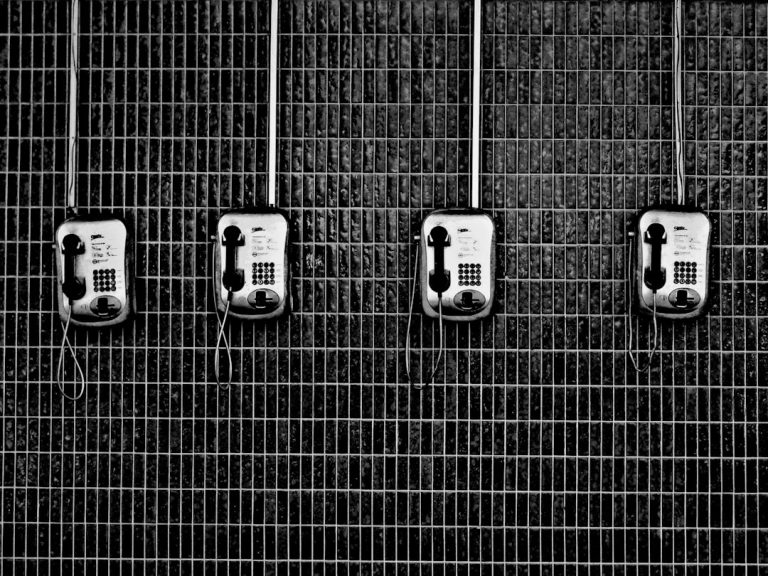Credit Score Needed For Rental
When it comes to renting a home or apartment in the United States, your credit score plays a crucial role in determining your eligibility. Landlords often use credit scores as a way to assess the financial responsibility of potential tenants. So, what credit score do you need to rent a place? Let’s dive into the details.
What is a Credit Score?
Your credit score is a three-digit number that reflects your creditworthiness based on your credit history. It is calculated using information from your credit reports, such as payment history, credit utilization, length of credit history, types of credit accounts, and recent credit inquiries.
Why Do Landlords Check Credit Scores?
Landlords check credit scores to evaluate the risk of renting to a particular individual. A higher credit score indicates that you are more likely to pay rent on time and fulfill your financial obligations. On the other hand, a low credit score may raise concerns about your ability to make timely rent payments.
Minimum Credit Score for Renting
While there is no specific minimum credit score required to rent a property, most landlords look for a credit score of at least 600 to 620. However, keep in mind that each landlord or property management company sets its own criteria, so the minimum credit score requirement can vary.
Impact of Credit Score on Renting
A higher credit score can not only increase your chances of getting approved for a rental but also help you secure better rental terms. With a good credit score, you may be able to negotiate lower security deposits or even qualify for lower rent rates.
Improving Your Credit Score for Renting
If your credit score is below the desired range for renting, there are steps you can take to improve it:
- Pay your bills on time to establish a positive payment history.
- Keep your credit card balances low and avoid maxing out your cards.
- Avoid opening multiple new credit accounts within a short period.
- Regularly review your credit reports for errors and dispute any inaccuracies.
Alternative Options for Renters with Low Credit Scores
If you have a low credit score and are having trouble finding a rental property, consider the following alternatives:
- Provide a larger security deposit to offset the risk for the landlord.
- Get a co-signer with good credit to vouch for you.
- Show proof of steady income or employment to demonstrate financial stability.
- Explain any negative items on your credit report to the landlord and offer explanations or solutions.
Monitoring Your Credit Score
It’s essential to regularly monitor your credit score and take proactive steps to improve it. You can access free credit reports from each of the three major credit bureaus (Equifax, Experian, and TransUnion) once a year through AnnualCreditReport.com. Additionally, many websites offer free credit monitoring services that allow you to track changes in your score over time.
Final Thoughts
Your credit score is an important factor when it comes to renting a home or apartment in the U.S. While there is no set credit score needed for rental approval, aiming for a score of at least 600-620 can improve your chances of securing a lease. By understanding the impact of your credit score on renting and taking steps to improve it if necessary, you can position yourself as a more desirable tenant in the eyes of landlords.
Remember, building and maintaining good credit takes time and effort, but the benefits of having a strong credit profile extend beyond just renting – they can also help you qualify for better loan terms, lower insurance premiums, and more opportunities for financial growth.






